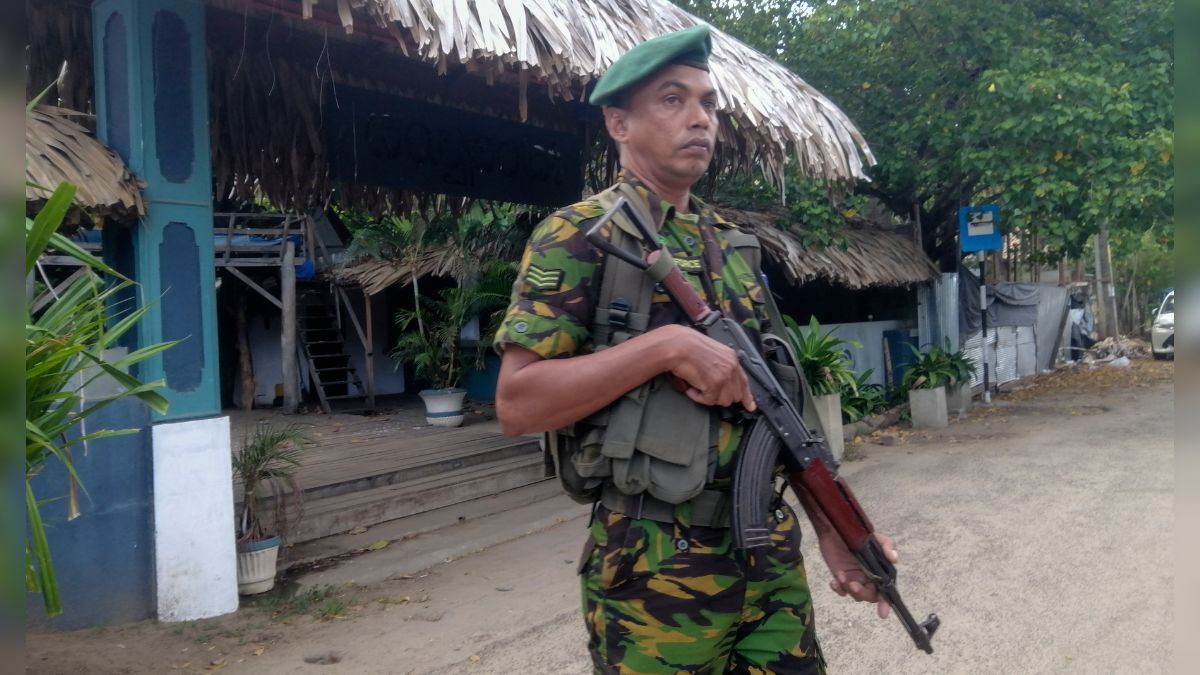) |
|
Sri Lanka is facing a significant security threat as the United States and Israel issued urgent travel warnings for their citizens, advising them to avoid specific coastal regions, particularly the popular tourist destination of Arugam Bay. The warnings, prompted by credible information regarding a potential terrorist attack targeting popular tourist locations, have led to heightened security measures and the arrest of two Sri Lankan nationals suspected of involvement in the planned attacks.
The US Embassy in Sri Lanka stated that it had “received credible information warning of an attack targeting popular tourist locations in the Arugam Bay area.” This area, known for its surfing appeal, is frequented by many international travelers, including Israeli citizens. In response, Israel’s National Security Council elevated its travel advisory to the highest level (Level 4) for the southern and western coastal areas, including Arugam Bay. The Council urged Israeli citizens to “immediately leave Arugam Bay and the south and west coastal areas of Sri Lanka.”
The arrests of the two Sri Lankan nationals, one of whom had been based in Iraq, were made possible with intelligence provided by India. The suspects were identified as potential threats based on this information, and their arrests have led to increased security around Arugam Bay’s Chabad House, a Jewish community center that was reportedly identified as a potential target. Local police acknowledge the heightened tensions between Jewish tourists and the bay’s Muslim-majority community, citing this as a potential contributing factor to the threats.
Sri Lanka’s police force has responded to the terror alerts by intensifying security around tourist hotspots. Inspector General of Police Priyantha Weerasooriya disclosed that intelligence about a possible attack was first received on October 7, leading to discussions and operational instructions within the security council. Hundreds of police officers, alongside intelligence personnel, have been deployed to safeguard vulnerable areas, with roadblocks and security posts set up around places of worship and high-traffic tourist spots.
The tourism industry, a crucial part of Sri Lanka’s economy, has been struggling to recover from multiple setbacks, including the 2019 attacks and the recent economic crisis. While the specific nature of the potential attack remains unclear, concerns have heightened due to previous terrorist incidents in Sri Lanka, particularly the devastating Easter Sunday suicide bombings in 2019. The memory of that tragedy looms large as foreign tourists continue to return. The influx of Israeli tourists, who make up approximately 1.5 per cent of Sri Lanka’s tourist arrivals, has also led to rising tensions in the area.
Local Member of Parliament Rehan Jayawickreme has expressed concerns over the Israeli influx, stating that Israeli tourists and businesses must “respect the laws of this land.” He has also called out the illegal activities of some Israeli business owners, which have contributed to the tense situation. The ongoing conflict in Gaza further complicates the situation, with protests against Israel’s actions in Gaza reported in the Buddhist-majority nation. The situation in Sri Lanka highlights the delicate balance between safeguarding its tourism industry and protecting its visitors in the face of ongoing threats.
